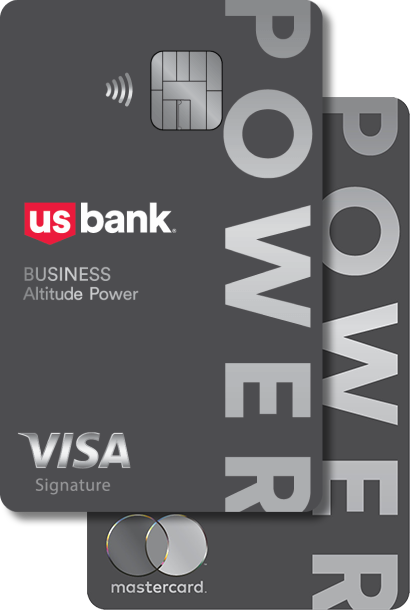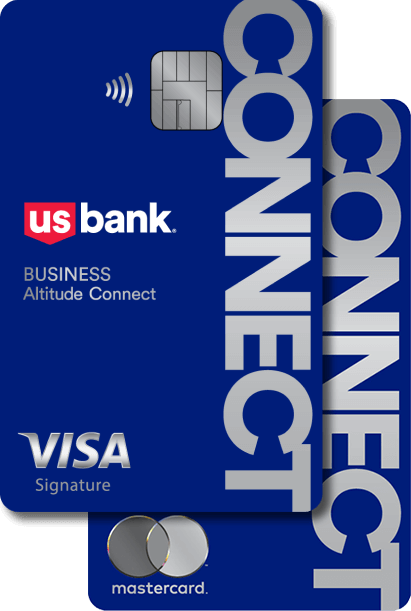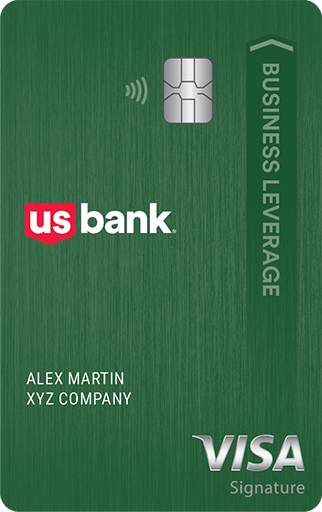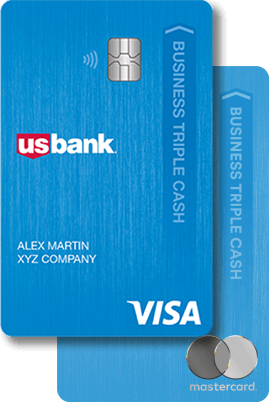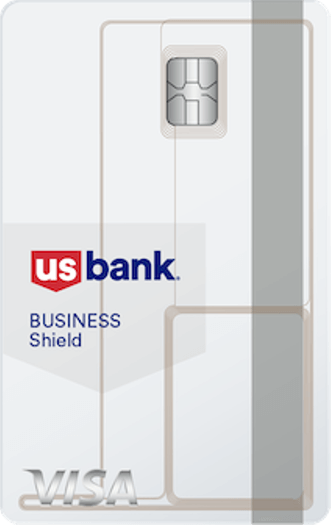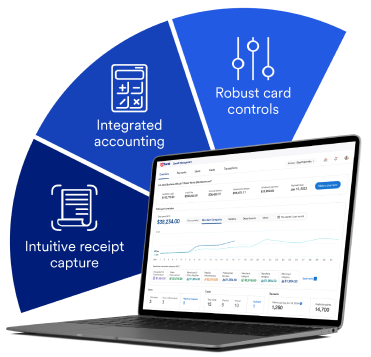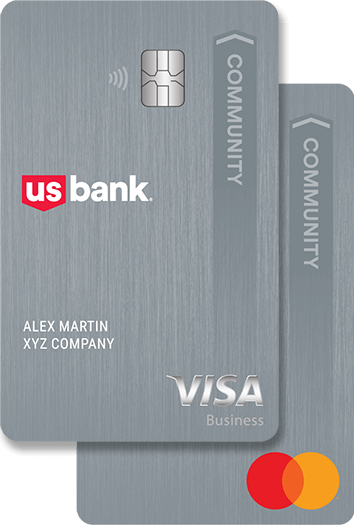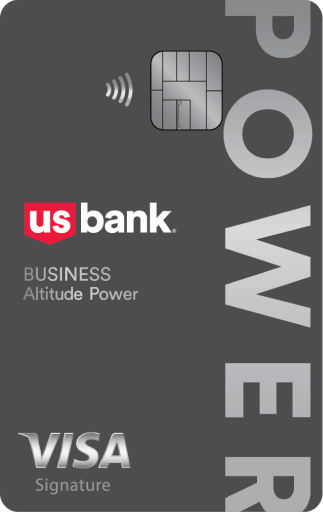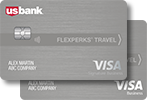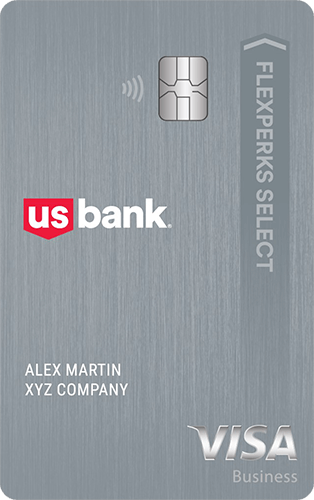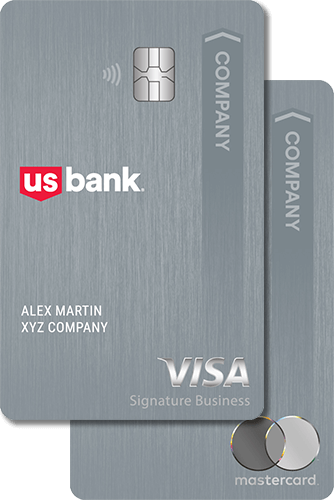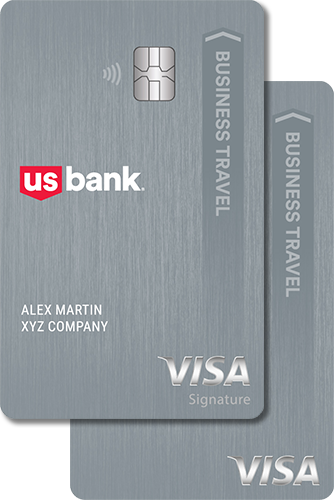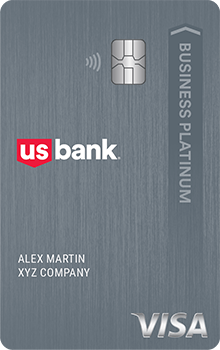Applying for a U.S. bank business credit card is quick and easy. In addition to questions about yourself such as your name, address, date of birth, Social Security number/ITIN and personal income, you’ll be asked questions about your business. It should only take a few minutes to complete your application, but please make sure you have the following business information available before you start.
- Business structure (examples; Sole Proprietorship, Corporation, Partnership, etc.)
- Employer Identification Number (EIN)
- Legal business name
- Country business was formed in
- Year business started
- Business physical mailing address
- Business gross annual revenue
- Industry type (you’ll select from a key-word search list)
- Co-owners – Also known as beneficial owners, these are individuals other than potentially yourself who have at least 25% controlling and/or financial interest in the business. We use this information to verify their identity, but it will not affect their credit.
Name
Address
Date of Birth
Social Security Number/ITIN
- Employee cards – You may be given the option on your application to request cards for additional employees by providing the following information for each. We use this information to verify their identity, but it will not affect their credit. You can also easily add or remove employee cards later if you are approved for a business card.
Name
Address
Date of Birth
Social Security Number/ITIN
- Anticipated monthly spend on the card


